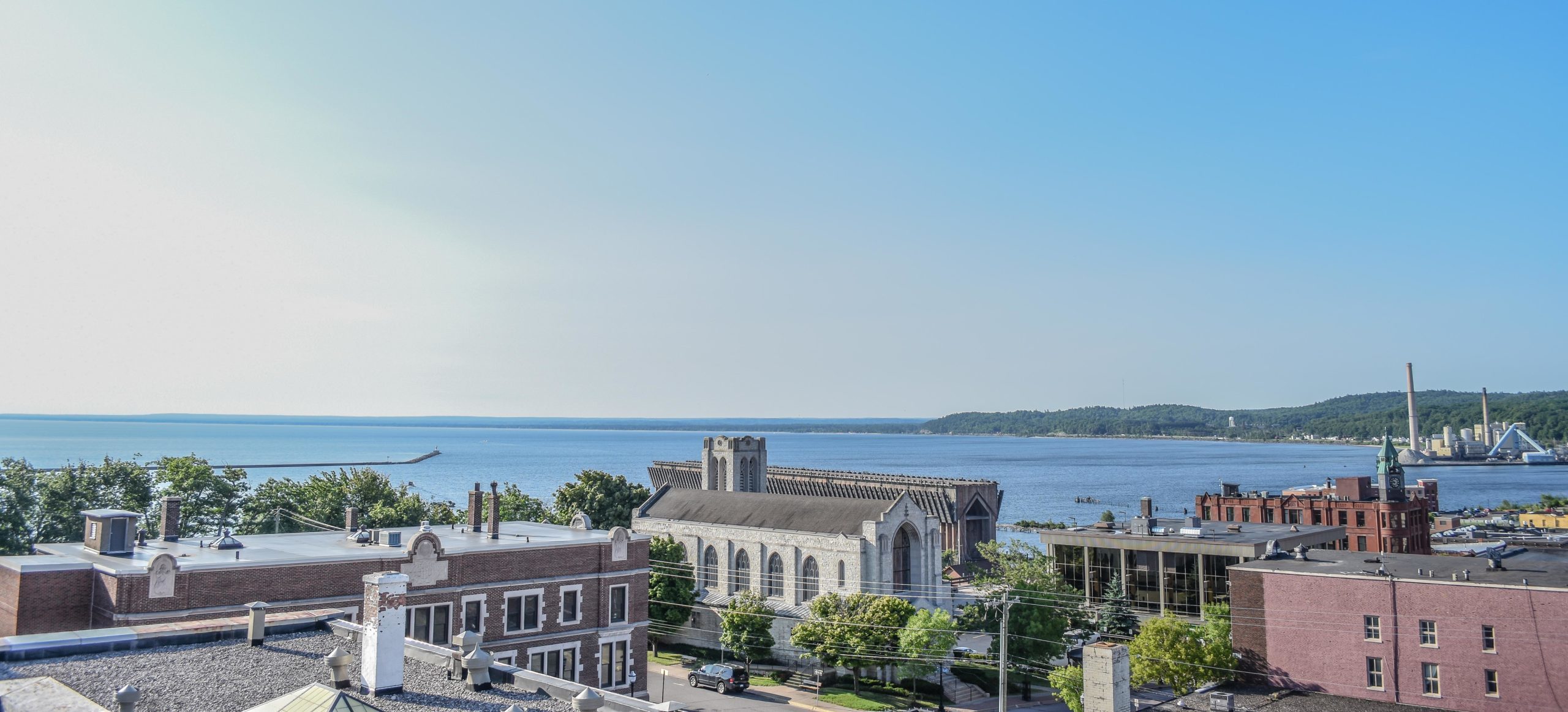Michigan Renewable Carbon Closes $22 Million in Financing for New Production Facility with Lead Lender National New Markets Fund and Chase
Posted by Lake Superior Community Partnership on October 21, 2013
Gwinn, MI (PRWEB) September 23, 2013
Michigan Renewable Carbon has secured $20 million in New Markets Tax Credit (NMTC) allocation from Los Angeles-based National New Markets Fund, LCC (NNMF) and $2 million from Chase to convert part of the former Sawyer Air Force Base into a production facility for renewable carbon products.
Decommissioned in 1995, the base is located in Marquette County, which is designated a “severely distressed” census tract with a poverty rate of more than 30% and an unemployment rate of 26%. When complete, the new production facility will create 45 permanent jobs. Nearly all the jobs are expected to go to local residents, including U.S. Veterans.
The project will process biomass from wood feedstock using new patented technology that dramatically reduces costs and emissions. The resulting carbon products purify air, water, food and pharmaceuticals, refine iron and other metals, and may be used for energy production. Unlike most carbon products, those produced at the facility will be made with renewable energy and created from renewable biomass sourced from suppliers committed to sustainable production (verified by third-parties such as the Forest Stewardship Council and the Sustainable Forestry Initiative). The new facility’s production technology will also create zero wastewater and achieve a 90-plus percent reduction in the emission of greenhouse gasses, sulfur dioxide, mercury and other harmful pollutants, compared to facilities that make similar products via coal-based production.
National New Markets Fund, LLC provided the $20 million in Federal New Markets Tax Credit (NMTC) allocation to finance the project, while Chase provided $2 million in NMTC allocation and served as the tax credit investor.
“The New Markets Tax Credit program was critical in making this project a reality,” said James Mennell, CEO of Michigan Renewable Carbon. “Without NMTC financing, this prototype facility might not have been completed, and the resulting benefits, including jobs that have already been created, could have been lost.”
The NMTC program was established by Congress in 2000 to stimulate investment and economic growth in designated low-income communities. It raises investor capital and leverages public and private funding to provide borrowers, like Michigan Renewable Carbon, with financing in the form of favorable rates and flexible below-market terms. NMTCs fill financing gaps when other public and private funding sources are insufficient or unavailable, helping borrowers achieve their mission – in this case, providing jobs to a distressed rural community in Michigan’s Upper Peninsula.
“Michigan has been hit especially hard by the economic crisis, and it is home to many struggling projects that are ideal for NMTC funding,” said National New Markets Fund President Deborah La Franchi. “Our investment in Michigan Renewable Carbon is a perfect example in that it will not only bring new jobs and related economic activity to a severely distressed rural community, but also serve as a model of efficiency and productivity for the renewable carbon products industry.”
NNMF CEO Belden Hull Daniels added, “This is our third allocation in Michigan since 2007, and we are pleased to continue developing positive economic and environmental impacts in this state.”
In addition to direct job creation, the new production facility is expected to attract other businesses to the 1,200 acre former Air Force base. The material used to create MRC’s carbon products is sawdust and wood chips, which will be sourced exclusively from lumber mills within 50 miles of the project. MRC is also collaborating with local foresters, loggers, farmers, and transportation companies to improve the sustainable growth and supply chain of renewable biomass, while partnering with nearby Northern Michigan University on biomass supply, life-cycle environmental benefits analyses, and development of sustainability best practices.
“One of the project’s many benefits will be on the supply side,” said Scott Erbisch, Marquette County Administrator. “Not only is there the potential to spawn new business, but also an opportunity to help stabilize the region’s lumber industry and increase demand for locally-sourced lumber and wood byproducts.”
Aaron Seybert, Vice President of Chase Community Development Banking, also underscored the project’s benefits. “We seek out these highly innovative models that are located in low-income communities as they not only benefit the environment through energy efficiency, but they benefit the local residents as well. Jobs will be saved and created due to MRC’s development and growth.”
About the New Markets Tax Credit Program
The New Markets Tax Credit program (NMTC program) was established by Congress in 2000 to spur new or increased investments into operating businesses and real estate projects located in low-income communities. The NMTC program attracts investment capital to low-income communities by permitting individual and corporate investors to receive a tax credit against their federal income tax return in exchange for making equity investments in specialized financial institutions called Community Development Entities (CDEs). The credit totals 39 percent of the original investment amount and is claimed over a period of seven years (five percent for each of the first three years, and six percent for each of the remaining four years). To learn more, visit http://www.cdfifund.gov.
About National New Markets Fund
Deborah La Franchi of Strategic Development Solutions (SDS) and Belden Hull Daniels of Economic Innovation International, Inc. co-founded the National New Markets Fund to invest in development projects that serve low income communities across the U.S. The Fund has received $312 million in National New Market Tax Credit (NMTC) allocation from CDFI and invested into 21 projects to date. As a mission-driven investment fund, NNMF seeks investments that create substantial economic and community development impacts. Visithttp://www.sdsgroup.com/funds/national-new-markets-fund/nnmf-projects for more information on NNMF projects.
About Chase
Chase is the U.S. consumer and commercial banking business of JPMorgan Chase & Co., a leading global financial services firm with assets of $2.3 trillion and operations in more than 60 countries. Chase serves more than 50 million consumers and 4 million small businesses through more than 5,500 bank branches, 17,500 ATMs, credit cards, mortgage offices, and online and mobile banking as well as through relationships with auto dealerships. In Michigan, the company employs nearly 4,500 people, and serves nearly 3 million customers through 308 branches and 566 ATMs located throughout the state. More information about Chase is available athttp://www.chase.com and @ChaseNews.
About Michigan Renewable Carbon
Michigan Renewable Carbon (MRC) is a subsidiary of Minneapolis-based Biogenic Reagents, a developer and producer of low-cost, high-performance carbon products made from renewable resources. Uses include purification of water, gases, food and pharmaceuticals, refinement of iron and other metals, and removal of mercury and other harmful pollutants in emissions from coal-fired power plants.
Source: http://www.prweb.com/releases/2013/9/prweb11142379.htm

